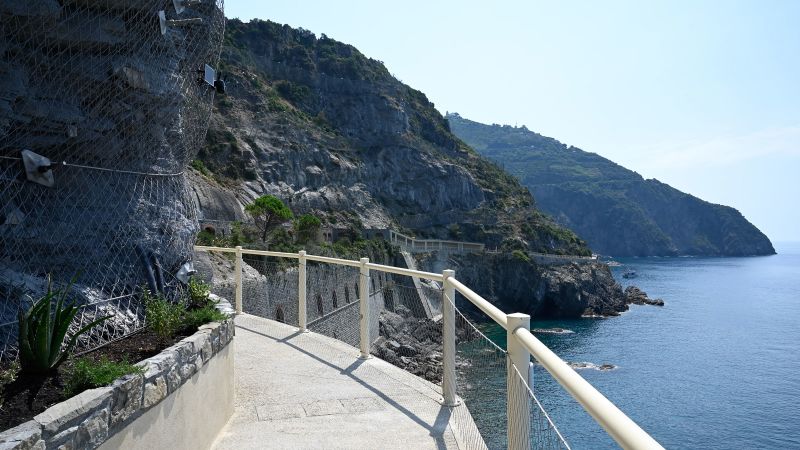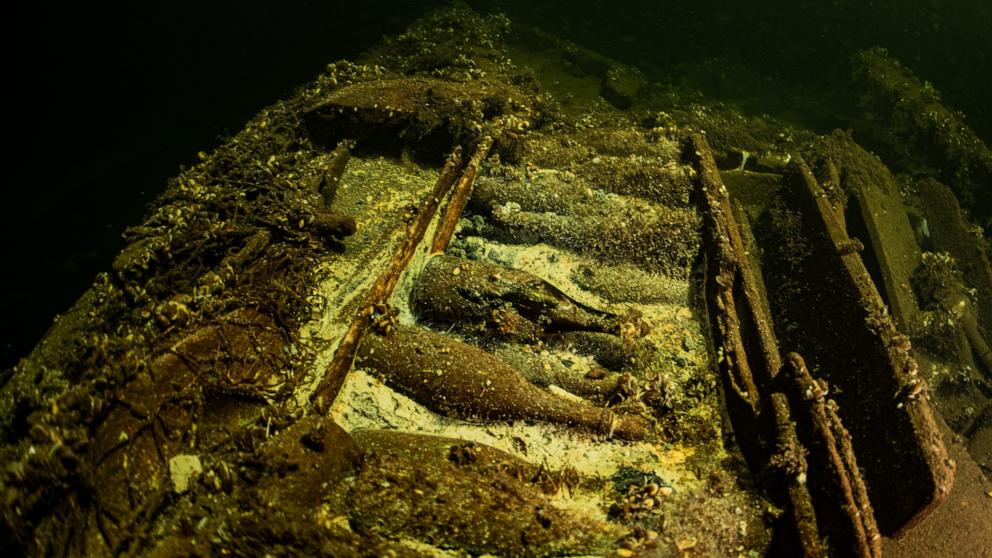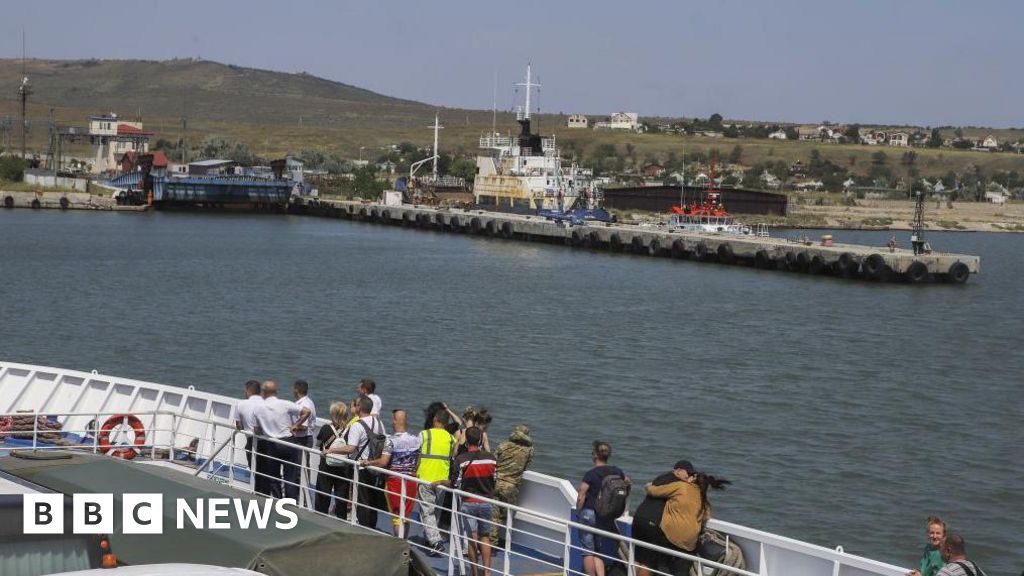The Food and Beverage Authority of Scotland, a trade body, estimates that seafood merchants are losing out on £ 1 million ($ 1.4 million) a day, keeping some businesses far from collapsing. Donna Fordyce, CEO of Seafood Scotland, said the price of many types of seafood destined for the EU market has fallen by between 40% and 50% as processors struggle to get the products into Europe.
„The losses in the sector are increasing and the situation is urgent,” she said in a statement last week.
One company, which normally ships 1 million pounds ($ 1.4 million) of seafood to the European Union every week, only managed to get 12,000 pounds ($ 16,300) of produce to the block last week and notified its 27 suppliers to stop fishing. .
“Getting everything out of the UK into the European Union is done by luck, not by design,” Fordyce said. This was inevitable given such a complex process that had been put together at the last minute.
After months of fraught negotiations, the United Kingdom and the European Union reached a post-Brexit trade agreement on December 24, leaving almost no time left for companies and customs officials to learn about the new rules that began on January 1.
„What they want us to do right now is just impossible to work with live oysters. The timing, the costs, the paperwork, it’s crazy,” Alan Miller, owner of Aberdeen-based AM Shellfish, told CNN Business outside of Downing Street on Monday.
If they don’t change [the process] He said many of these companies would cease to operate. And many of these hunting communities have been fishing for generations. What will they do?”
Speaking in Oxford on Monday, Johnson said British exporters would be compensated for losses caused by bureaucratic delays. He described the current issues as „problems in their early stages” and said that the government had set up a fund of 100 million pounds (136 million dollars) to help the British fishing industry to take advantage of „great opportunities”.
The prime minister also blamed the closure of restaurants in Europe for the drop in fish demand in the UK.
Problems in Scotland
South Edinburgh seafood company DR Collin & Sons sends one to two trucks a day to France each loaded with 150,000 pounds ($ 204,000) of live lobsters, crabs and langoustines. The company, which employs 200 people, has lost more than 90% of its revenue since January 1, according to transportation chief David Rosie.
„We’re one of the bigger companies, but it sure doesn’t look good going forward. For smaller companies, they have weeks, maybe days,” he told CNN Business.
After the truck drivers and factory workers filed, the 70-year-old was shipping more crabs to Asia by air freight than it was selling to its European neighbors. He added, „We sell more to China and the Far East than we sell to the European Union, and this is unheard of in the industry.”
Rosie said the company was unable to obtain the correct paperwork from the UK Revenue and Customs Authority to move its products through France. She had to send the catch back to the sea because she couldn’t get the products to customers quickly enough.
Some fishermen make a 72-hour round-trip across the North Sea to Denmark to speed up entry into Europe so that „their catch is already finding its way to the market while still fresh enough to satisfy customer demands,” according to the Scottish Fishermen’s Federation.
„Many in our industry now fear for their future,” said Elsbeth MacDonald, chief executive of the association, in a letter to Johnson on Friday. She added that the deal covering the fisheries was „very bad” and not what the British government had promised the industry.
Macmillan threatened to throw the rotten oysters outside the British Parliament buildings if he and other Scottish exporters were unable to get their products to market.
Will Goodley and Sarah Dean contributed to the reportG.

„Zombių evangelistas. Mąstytojas. Aistringas kūrėjas. Apdovanojimų pelnęs interneto fanatikas. Nepagydomas interneto fanatikas”.






